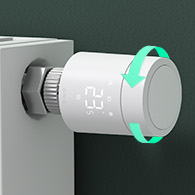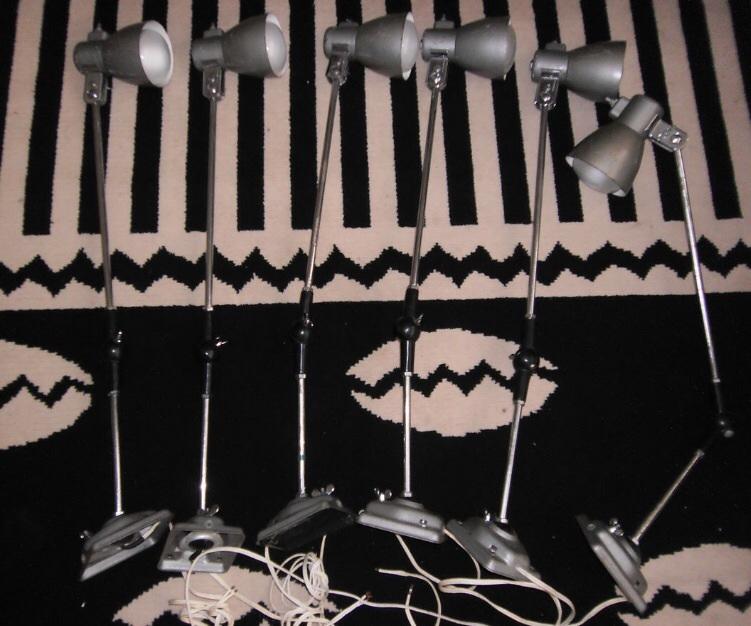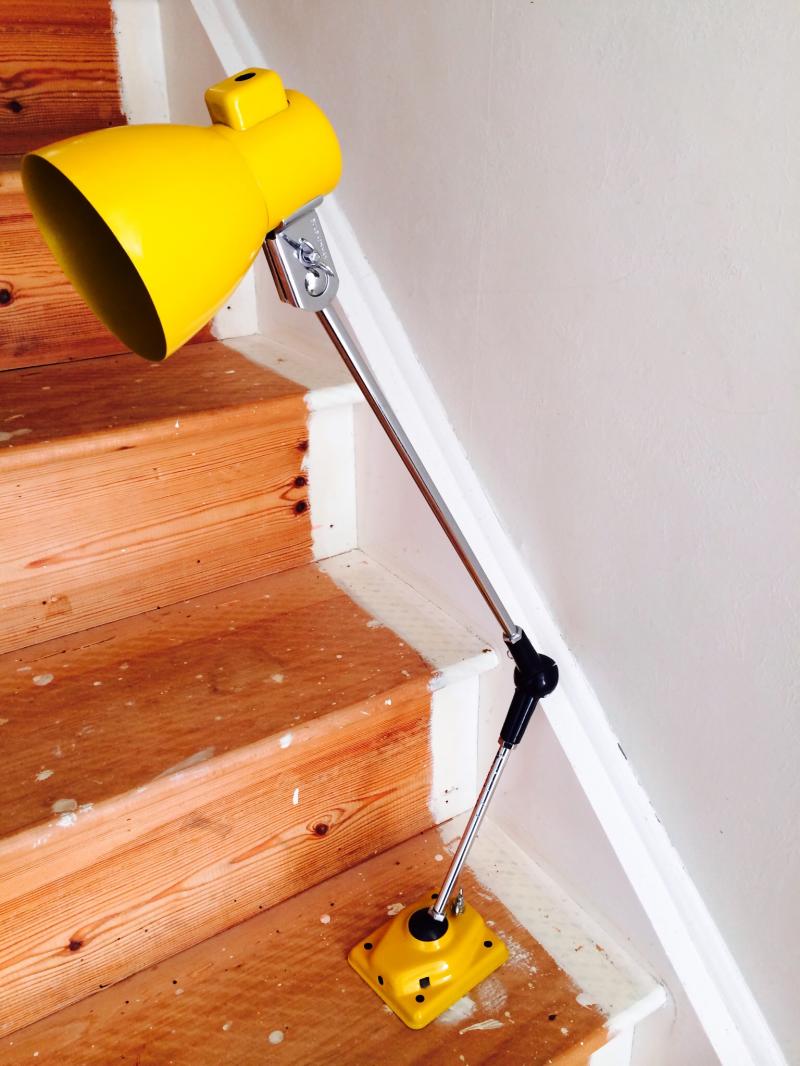[net]219618/79186_37873670.jpg[/
Hi guys. First post so hope you can see images of the lamps (x6) I'm sorting for kitchen. They are steel construction with the black joints being plastic therefore I have no continuation of earth. I have started to put an external earth loops on them but it looks terrible so thinking about double insulation but would like your opinions.
They will be wall mounted high up in a vaulted ceiling.
Intending to use standard two core 5amp wire with insulation on copper/outer insulation then I will add an addition sheath running the full length potentially earthing lamp shade section. (Running 3w led spot).
They will be connected via a connector block recessed into wall which will be covered by the base.
Your opinions on the safety of this method would be greatly appreciated as I'm going round in circles now the fun bit of painting and cleaning is finished.
Thanks dom [/net]
Hi guys. First post so hope you can see images of the lamps (x6) I'm sorting for kitchen. They are steel construction with the black joints being plastic therefore I have no continuation of earth. I have started to put an external earth loops on them but it looks terrible so thinking about double insulation but would like your opinions.
They will be wall mounted high up in a vaulted ceiling.
Intending to use standard two core 5amp wire with insulation on copper/outer insulation then I will add an addition sheath running the full length potentially earthing lamp shade section. (Running 3w led spot).
They will be connected via a connector block recessed into wall which will be covered by the base.
Your opinions on the safety of this method would be greatly appreciated as I'm going round in circles now the fun bit of painting and cleaning is finished.
Thanks dom [/net]




